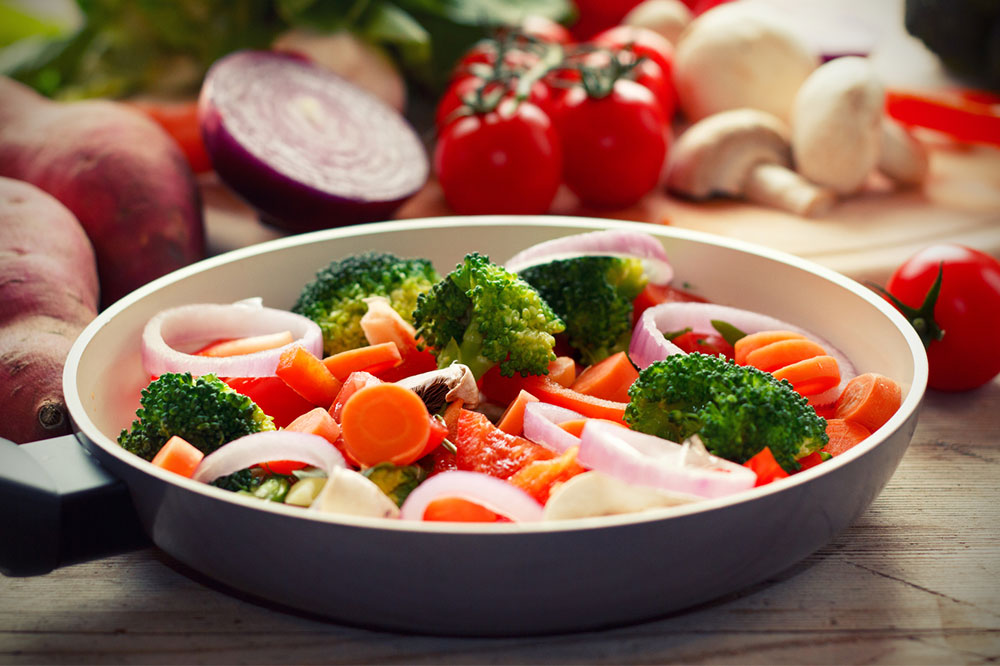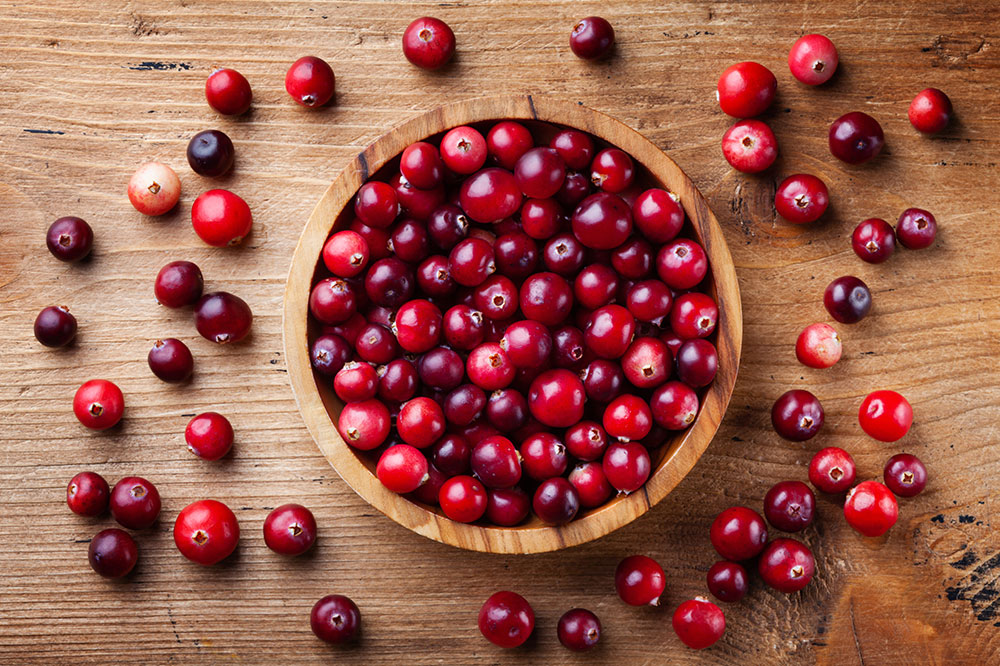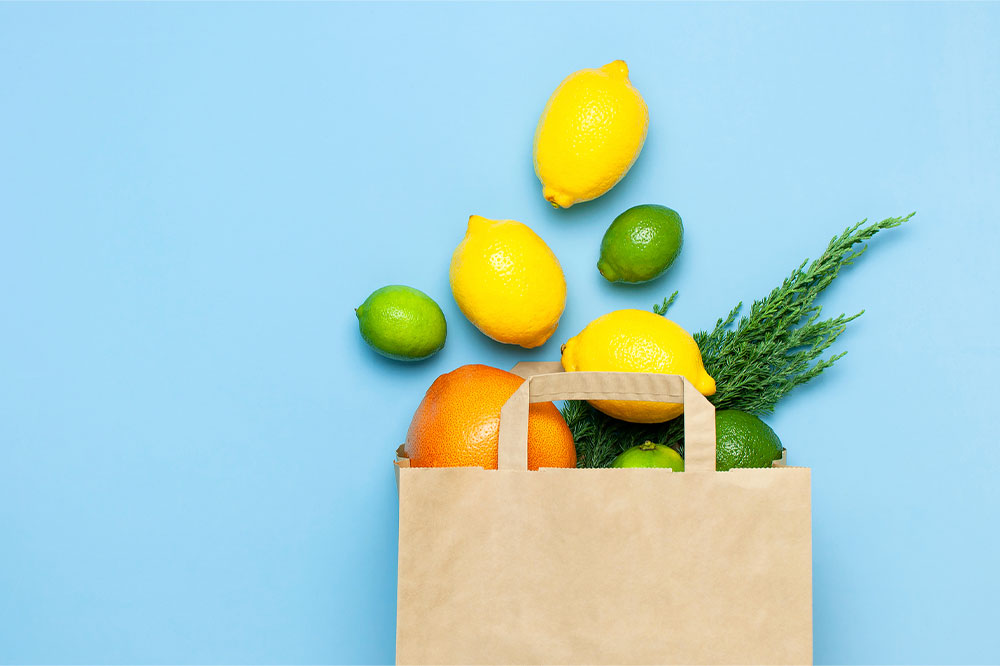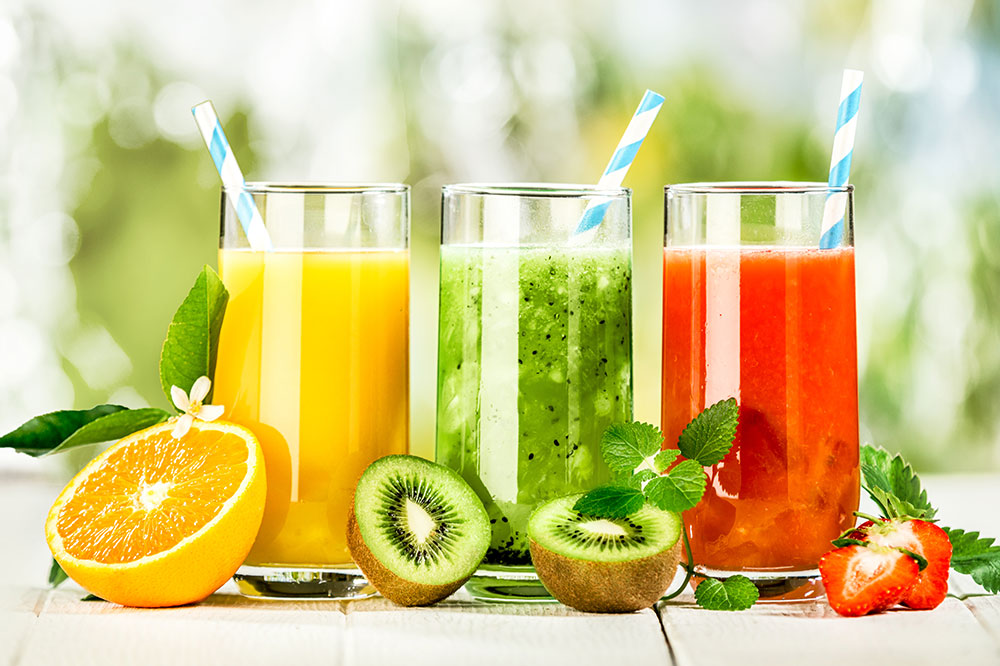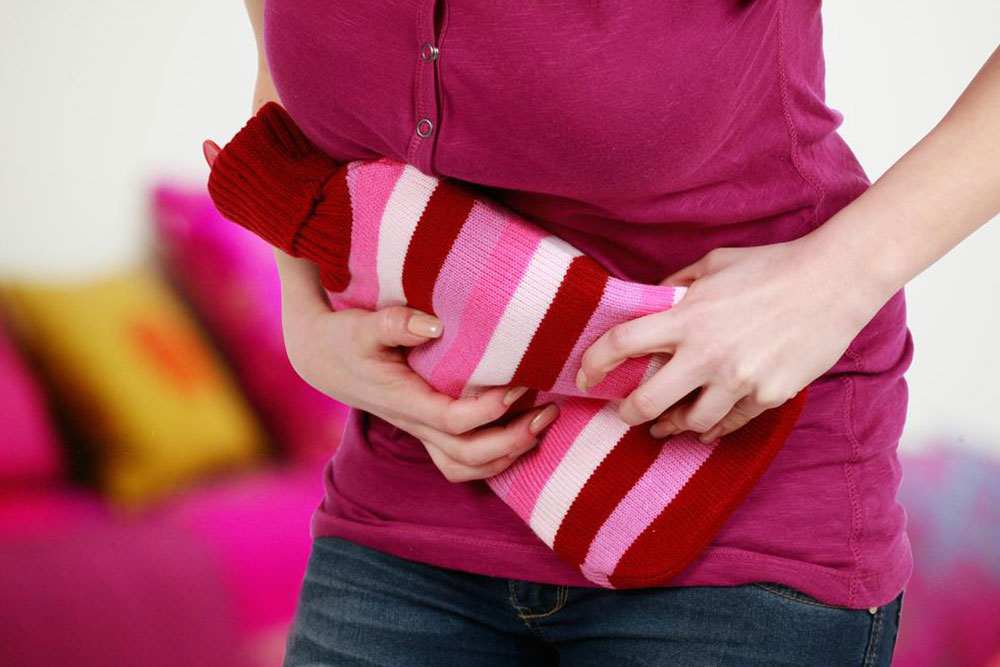Dietary Recommendations for Managing Bladder Health
Discover effective dietary strategies to support bladder health and manage incontinence. Incorporate bladder-friendly foods like berries, vegetables, nuts, and lean proteins while avoiding irritants such as caffeine, spicy foods, and alcohol. Making informed dietary choices can significantly alleviate urinary symptoms and improve quality of life. Consult your healthcare provider for personalized advice tailored to your needs.
Diet Tips for Supporting Bladder Function
Urinary incontinence, common among older adults and seniors, often results from underlying health issues. It can be temporary or persistent, influenced by diet, medications, or vitamin C intake. Damage or overactivity of bladder muscles can cause unintentional urine leakage. While medical treatments and incontinence products are helpful, dietary choices also significantly affect symptoms. Incorporating certain foods and avoiding others can help manage incontinence effectively.
Foods to Include Although no specific diet cures incontinence, adjusting meals can aid in symptom relief.
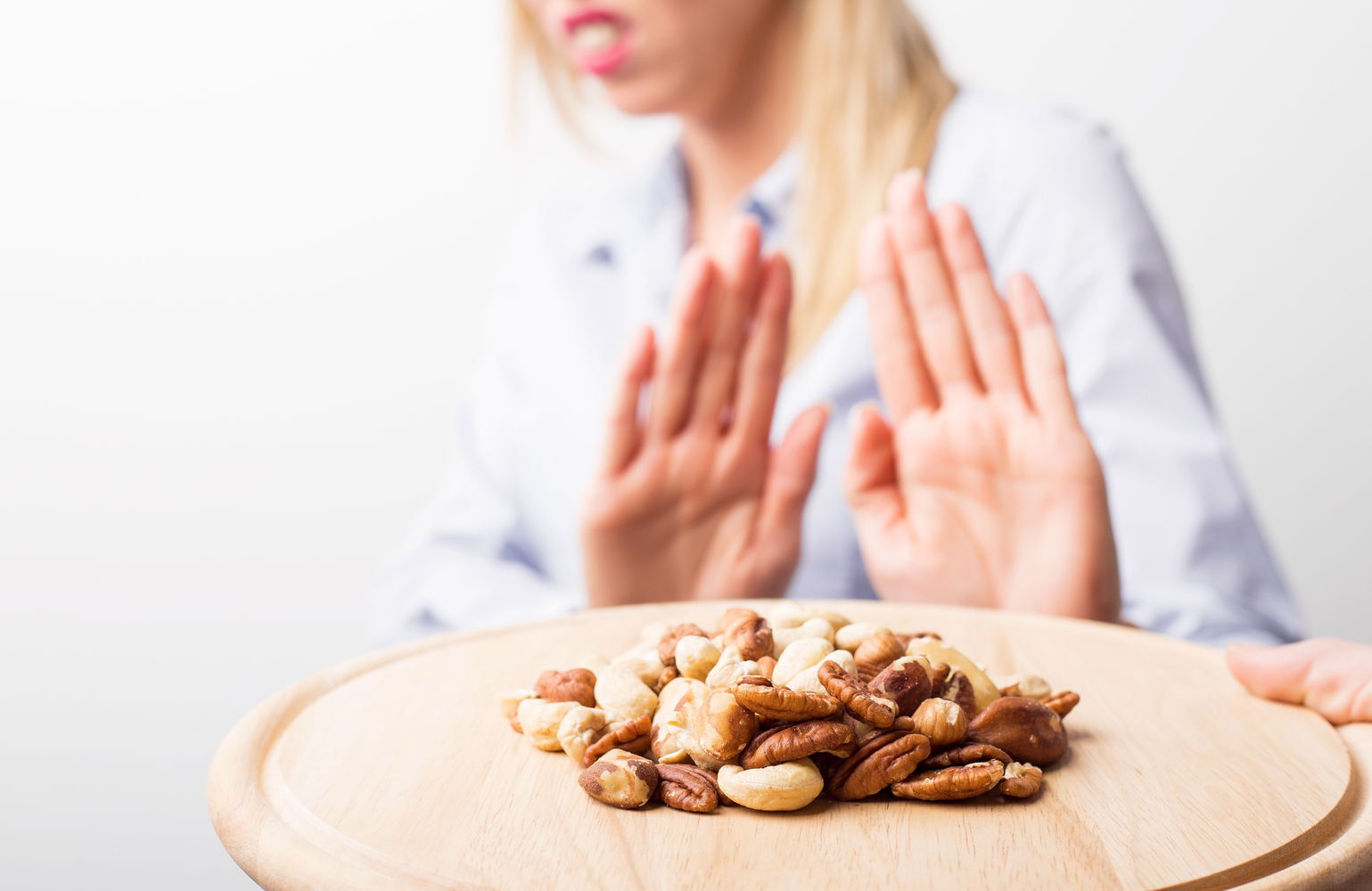
Eating specific foods can strengthen the bladder and urinary tract, reducing symptoms:
Berries Regular consumption of blackberries, blueberries, raspberries, and strawberries can decrease bladder inflammation and ease incontinence. These versatile fruits can be incorporated into smoothies, cereals, salads, and desserts, offering vitamin C and antioxidants that support urinary health. Berries are also known to help prevent urinary infections.
Cruciferous Vegetables Including cabbage, Brussels sprouts, kale, broccoli, and cauliflower in meals like salads and stir-fries can improve bladder control. These vegetables, high in vitamin C and antioxidants, also benefit prostate health while helping manage urinary symptoms.
Nuts Snacking on a handful of nuts such as almonds, Brazil nuts, or pistachios can promote urinary health and overall well-being. Rich in antioxidants and selenium, they can be added to cereals or salads as part of a nutritious diet.
Lean Protein Sources Foods like chicken, fish, eggs, and tofu provide easily digestible protein that supports bladder and urinary health. They also help maintain energy levels, aiding in symptom management.
Whole Grains Incorporate fiber-rich foods such as oats, barley, quinoa, lentils, and brown rice to prevent constipation, a common contributor to incontinence. These grains are suitable even for gluten-sensitive individuals and can be included in various meals like bread, pasta, and cereals.
Foods and beverages to Avoid Certain foods can irritate the bladder, causing spasms and increased urgency. Steering clear of these can prevent symptom exacerbation:
Alcohol Alcohol causes bladder inflammation, irritation, and increased urination, intensifying incontinence symptoms. It also has a diuretic effect, promoting dehydration and urinary urgency.
Caffeinated Drinks Coffee, tea, hot chocolate, and even decaffeinated versions contain caffeine, which can irritate the bladder lining and provoke symptoms.
Citrus Fruits Oranges, lemons, limes, and clementines are high in acid, which may worsen bladder irritation and incontinence, especially for sensitive individuals.
Spicy Foods Hot spices like curry, chili, and cayenne can trigger bladder overactivity and discomfort. Limiting spicy ingredients helps minimize flare-ups.
Foods High in Sugar Foods rich in honey, fructose, corn syrup, or artificial sweeteners can irritate the bladder and aggravate urinary symptoms.

